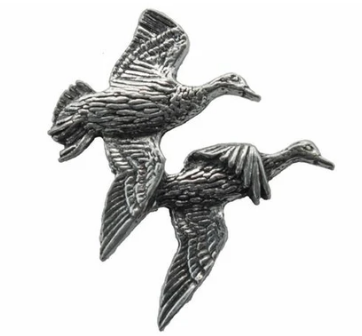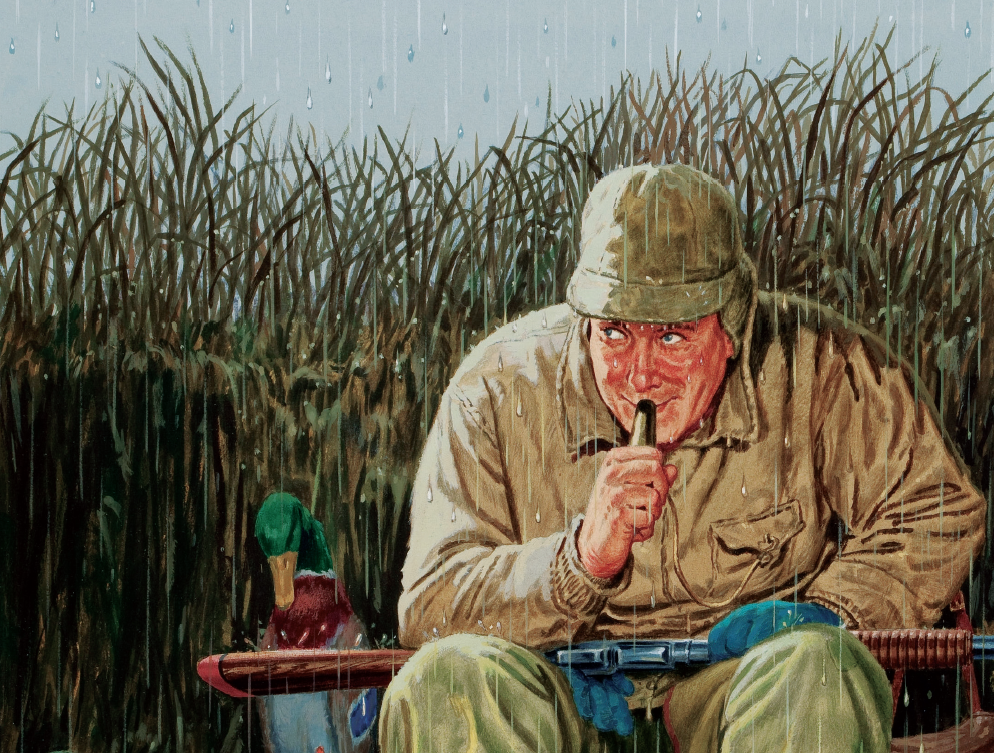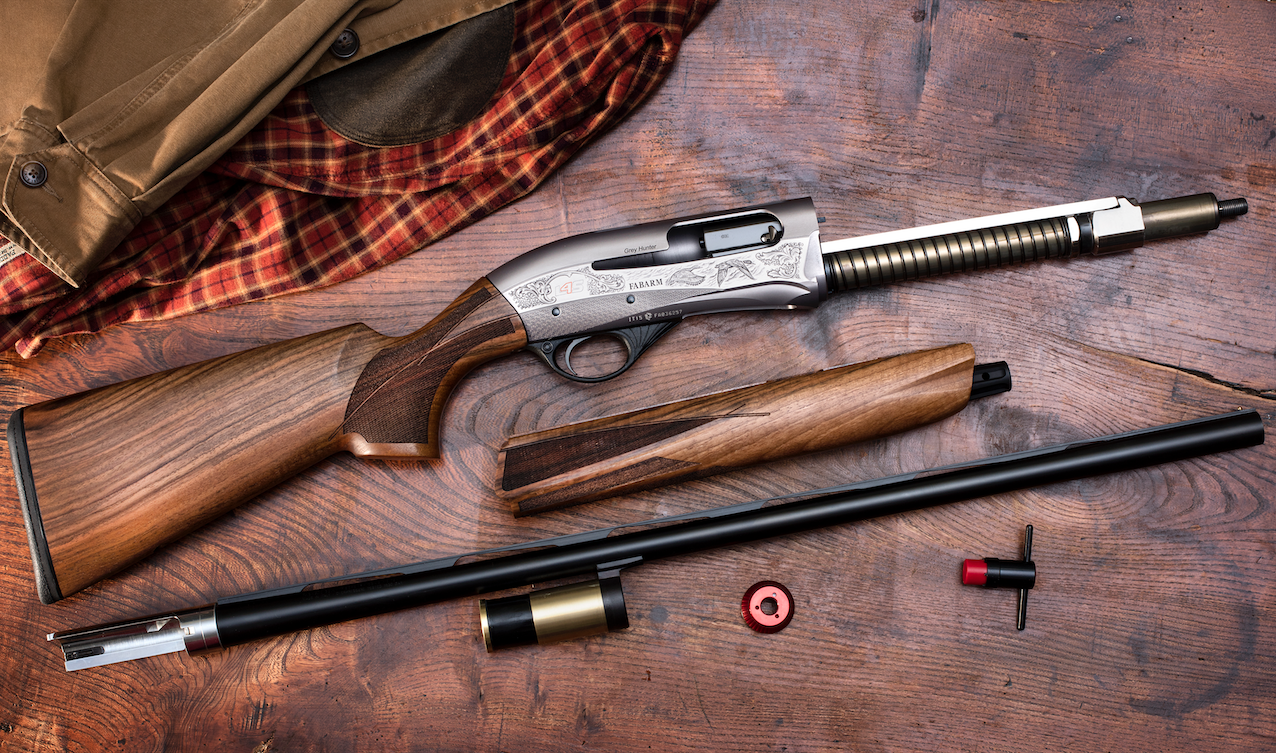I felt the shockwave through my feet before I heard the thunderclap explosion. Mud flew, water ran and two days later, I had a new pond.
Brothers and Sisters, I am a water witch.
Water witching, dousing, doodle-bugging— call it what you will, finding unseen things underground, pseudo-science at best, satanic at worst, your average rock-ribbed Baptist had much rather dig a two-thousand-dollar dry hole than participate. A Mormon, maybe not, out in Utah where the ground is hard and water scarce.
Historical fact: Joseph Smith, the prophet and founder of the Church of Jesus Christ of Latter-Day Saints, used a rock, a “seer stone,” to find a lost herd of cattle in 1819 and was subsequently hired out to find a lost Spanish silver mine. Not sure how he ran that stone, but when the rock said NO, Smith urged the property owner to give up the quest.
Dowsing has been a puzzlement since Moses struck a rock with his staff to find water for thirsty Israelites wandering in the Sinai. Somewhat more recently, it pops up in the 1500s, when a Spanish monk witched out a spring for St. Teresa’s convent. St. Teresa didn’t know if it was God or the Devil, but was happy for the water, regardless of its origin.
German writers mentioned dowsers running all over central Europe, seeking lead deposits for musket balls. Kings employed them to ferret out their predecessors’ buried treasure.
I came upon it quite by accident, minding my own business as I try to do, unsuccessfully most times, just walking from a pile of scrap iron carrying a long stick of three-eighths-inch steel rod. When I crossed the underground line from the well to the house, the rod swung parallel to it.
Minding my own business, what the hell?
I backed up five paces, approached the pipe. It did it again. Third time, it didn’t. I hollered at the house. “Hey baby, you running water?”
“I just turned it off.”
“Turn it back on!”
“Why?”
“Just do it. I’ll explain later.” She did. Water back on, the rod swung as before. I tried it the next week with the water off.
It worked.
Can a man learn such things?
Yes, a man can.
And this man did.
I struck up with Obert Olsen, the 80-plus-year-old son of a Norwegian immigrant who kept himself in beer money by witching wells. He’d find your water for a 12-pack or the monetary equivalent thereof. Some places, you can find water just about anywhere you dig, but this was up in Minnesota where ancient Ice Age water runs in veins through the glacial rock, much like the veins in the back of your hand. You can hit water at 60 feet; other times, only a dozen feet away you can drill ‘til you hear them speaking Chinese and get only dust and disillusionment. And a well, dry or wet, in those days cost ten dollars a foot, worth a 12-pack to get it right, right? Yea, worth a barrel of bourbon!

“Broadbill Shooting from a Sneak Boat” by Lynn Bogue Hunt
“You might say I’m on the top rung,” Obert explained, “I’d like to teach it to you while I still can.”
He’d call me whenever he got a witching job, generally once, maybe twice a week, and I’d drive. Some folks use wires, others a forked willow stick, but Obert used a simple flat-iron pinch bar.
“Fifty years ago, I was ripping shingles off a pumphouse roof when I leaned over the well-head, and the crowbar about jumped out of my hand. I said, ‘Whoa, what’s this?’”
He still used that crowbar, balanced atop two fingers, and it rocked whenever he walked over water. A client watched the performance, watched the old man wobble and squint and sweat and drive a stake.
“Gimmie that damn bar!” he demanded.
But it lay lifeless in his hand.
Obert Olsen hobbled over, wrapped his gnarled fingers around the back of the client’s neck, gently, just below the base of his skull. “Now walk it again.”
That pinch bar rocked as surely as if the old man had held it himself.
I saw it with my own two eyes. Figure that, ye doubters and scoffers.
I came to use two L-shaped wires, one in each hand, copper if I could get it, coat hangers if I could not, loosely held so there was no earthly way I could influence how they moved. They would swing indifferently this way and that, then cross when I passed directly over what I was looking for. I got pretty good at it, don’t mind telling you, good enough to charge my own beer money. I witched a well for free for a Lutheran country church that was upgrading from an outhouse to indoor plumbing, nine paying jobs previously, so I judged it a Biblical tithe. I even had the opinion seconded by a church member who used a green willow stick that twisted so violently, it peeled the bark in his hands. But the elders judged it demonic, or at least extremely sketchy. After two dry holes, they had their water.
I found a broken pipe beneath a concrete slab in an automotive shop. The sticks ignored the re-bar and heating coils in the floor. I marked the pipe with orange paint, they cut the concrete, bingo, right on. Don’t ask me how I did it. I just did.
I was teaching high school part time. I took my kids out and we found every pipe and wire leading into the schoolhouse. I had them write essays about how it might work, if it really worked at all. A Baptist school board member saw the exercise. I wasn’t fired outright, but my contract was not renewed.
Then along came Don Pablo, a well driller, water witch and soldier of fortune with a resume longer than his rap sheet. I took him to the Hartsfield baggage check, a charter flight to Montego Bay, lugging one particularly heavy duffel.
“Great God, man, what you got in this?”
“A six-inch submersible pump.”
“How in the hell will you get this through Customs?”
“Tell ’em it’s scuba gear.”
“Well, what you got in yours?”
“Bushings and brushes for Nippon-Denso starters. They have to push-start half the damn cabs in Montego. And a couple of drive belts for Cat diesel turbos,” he said.
But alas, the return freight was intercepted, and Don Pablo was off on extended vacation, courtesy of Uncle Sam. I needed his opinion first.
I had land in those days; maybe it had me. Two hundred acres, liked to wear me out—bacon, beans, kerosene.
And dynamite.
There was this 50-foot-high ridge running diagonally across my North Forty. Northwest of the ridge was a stunning grove of maple, ash and birch. Southeast was a dry cattail slough. A township road along the south boundary would impound water, provided I could find water and I had already it, sorta. There was a spring at the base of the ridge, a “seep,” locals called it, as it only dripped and dribbled.
Don Pablo walked the ground, his sticks head high to keep clear of the bushes. They swung so violently I feared they’d put an eye out. “Man, you got water here! Lots of water!”
“How can I get to it?”
“Kinda hard to drill a well sideways. You got any dynamite?”
I did, half-a-case back at the barn. It came in handy, my fields rocky as they were.
“Yeah, man. I’ll fetch it up.”
“Hold on a minute.” He grinned. “I don’t reckon Constituted Authority would take kindly to a threat to the social order handling dynamite. Wait ‘til I’m good and gone.”
So, Don Pablo went away to tarry with other low-level drug offenders, crooked TV preachers and judges from Chicago. He wasn’t there that long, considering.
Meanwhile, I got busy with a shovel and a grub hoe.
Talk about “blowing stuff up with dynamite?” That’s exactly how dynamite works—it blows up, not down. You have to get under the job to make it work. If not, there are tricks. Twenty sticks atop a rock big as a Toyota will make noise and dust. Five sticks atop the same rock with a layer of mud beneath and a cap of mud above will crack that boulder into pieces the size of a shoebox. Want to crack a safe? We can’t talk about that here.
Most dynamite comes in one-pound cardboard tubes, one inch in diameter and eight inches long. About 60 percent nitroglycerin is the industry standard, somewhat stabilized by a mixture of sawdust and clay, packed 50 sticks to the case. I chopped roots, cussed and dug in the spring ‘til it got so muddy the dirt slopped back in as fast as I shoveled it out. I lay the half-case in the bottom and rigged the shooting cord.
Shooting cord, another conundrum. If you blow your own fool ass up, it will likely be from improper application of the shooting cord. In days of yore, we used blasting caps and fuse that burned at a known rate, about 30 seconds per foot. Caps were nickel-plated brass, an inch long and big around as a soda straw. There was a hole in one end for the fuse. You reeled off enough fuse for a healthy escape, crimped it into place with your teeth, no problem. But after some kid lost an eye when he stuck a burning kitchen match into the fuse end, the government mandated a safer alternative: a cap that could only be set off by electric current or by stray signals from CB and Business Band radios.
This mandated a new protocol: You laid out enough wire for comfort, twisted the loose ends together—no positive, no negative, right? Then you attached the cap before inserting it into the charge. Better to lose a finger or two than your entire anatomy.
I buried the half-case in the mud, with just a corner exposed to insert the mayhem. Thus rigged, I retreated to the far end of the shooting cord, unraveled the wires, touched them to the battery in the Ford. I was styling in those days, a 1953 3/4-ton pickup with the battery beneath the floorboards rather than under the hood.
 Only six volts but it worked.
Only six volts but it worked.
Sound travels at about 700-odd miles per hour. That’s through air; through damp earth, notably faster. I felt the shockwave through the soles of my feet an instant before I heard the thunderclap explosion. Mud flew to my considerable satisfaction, water ran and two days later, I had a new pond.
The ducks loved it, but the town board did not. They were all farmers who had spent lifetimes draining water, not retaining it. Some of them hunted deer but not a man among them shot ducks. They judged my pond a threat to their road, dug up and reset the culvert, ran a ditch up into my pond, which I plugged the following day by dropping a round, thousand-pound hay bale into it.
A week later, when the town board came by to check on their handiwork, the chairman got so mad, he threw his hat upon the ground and danced upon it. “Damn that Pinckney!” he shouted. “Damn him!”
But it was too late. I was already damned. For I was a water witch.
Meanwhile, I shot the hell out of mallards and teal.
 Pair of Ducks Pewter Pin: Elegant handcrafted pewter pins from Great Britain with extraordinary detail. Tie-tack back makes it perfect for lapels, hats and collars. Buy Now
Pair of Ducks Pewter Pin: Elegant handcrafted pewter pins from Great Britain with extraordinary detail. Tie-tack back makes it perfect for lapels, hats and collars. Buy Now




